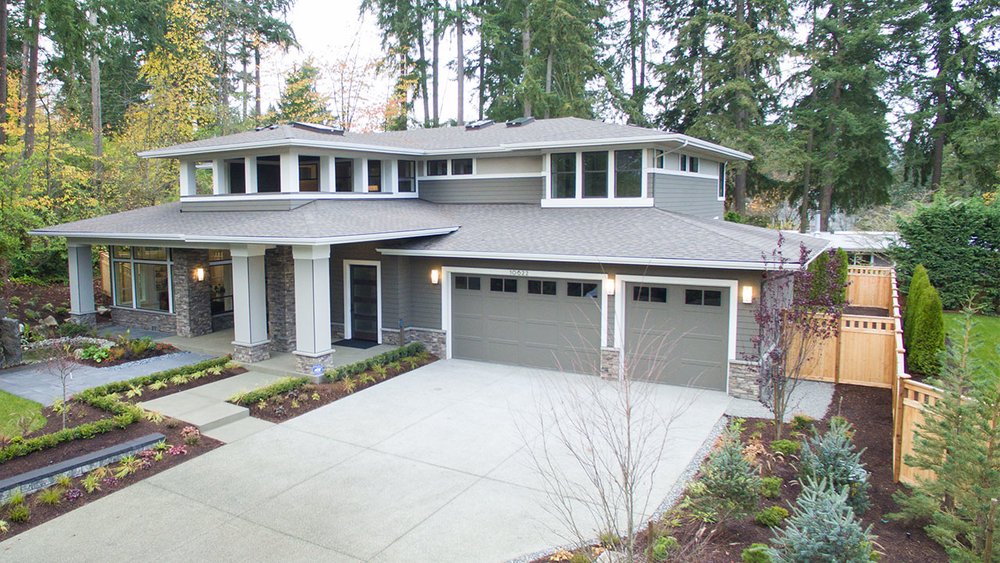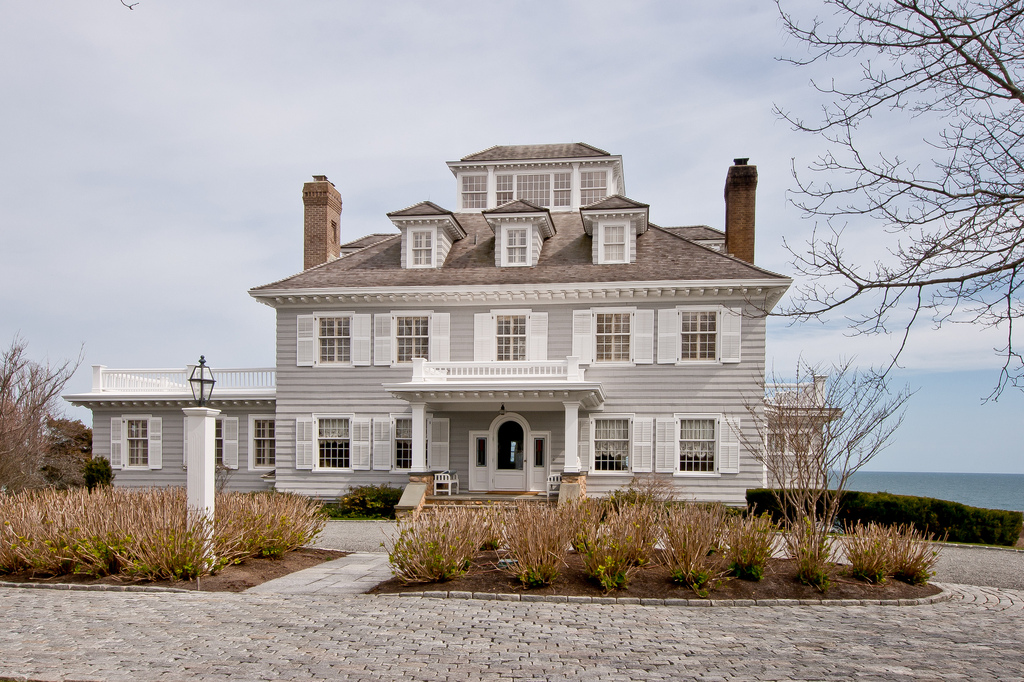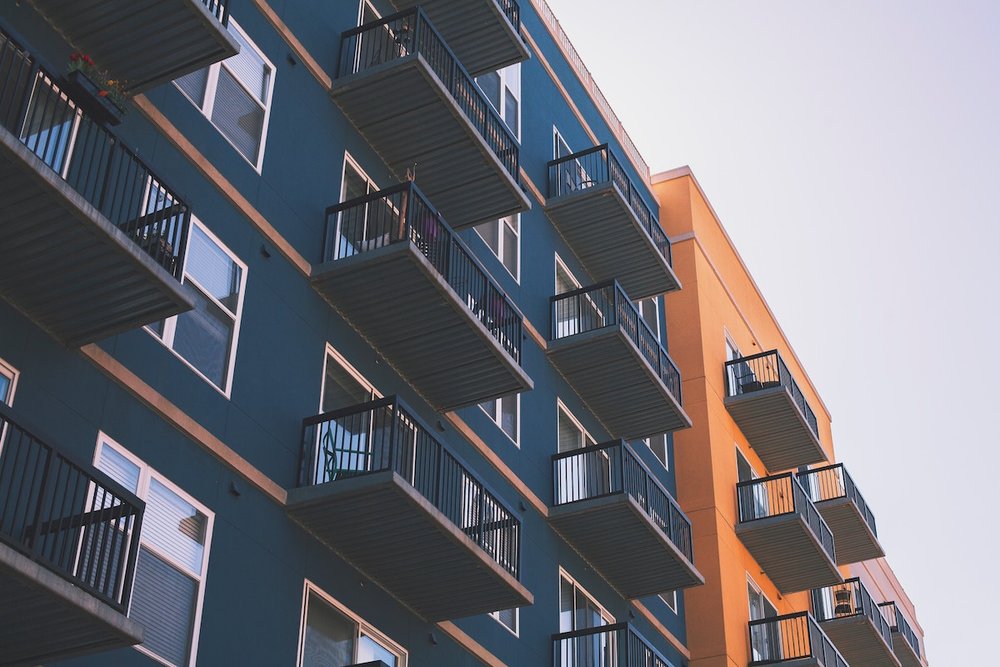What is your ideal location for settling down after retirement? Many people dream of relocating to warmers states like Arizona or Florida where there are plenty of opportunities for leisure activities like fishing, golfing, or simply lazing around at the beach.
But buying a dream home in your ultimate retirement destination can quickly turn into a mistake if you don’t plan the move carefully. Here are some of the most common pitfalls to avoid when buying a retirement house in an unfamiliar location.

Buying a home before retirement is a great investment that can pay off in the long-term, but decision can quickly turn into a mistake if you don’t plan your move carefully
Look Beyond Good Weather and Scenery
Most people are lured into making hasty home decisions because of their preference for warm weather and good scenery, but these factors alone aren’t enough to ensure that you’ll have a happy life after retirement.
Wealth advisor Ben Barzideh from Piershale Financial Group says that once people relocate to a different city or a state, they realize that that life isn’t as glamorous as they hoped, and they end up selling the home and moving back to their old city.
Barzideh says that he often sees people from colder states buying homes in Florida or Arizona without really knowing what it is really like to live there permanently. To ensure that you’re making the right long-term commitment, Exencial Wealth Advisors’ Dan Routh recommends renting an apartment for a few months in the city you’re planning to buy a retirement house.
You may be tempted to look for properties in a rural setting to avoid the hustle and bustle of the main city but living too far away from the hospital, supermarkets and family can quickly become an inconvenience, especially in late years of your retirement when you aren’t able to move around that often.
Factors like access to hospitals and healthcare are important to take into consideration when buying a retirement home. If you have children and grandchildren, moving to a different state may make it difficult to stay in touch. Or even if you do relocate, avoid the temptation of living in the country that’s too far away from the airport and the main city just for the scenery.
Buy a Retirement Home Suitable for Aging
You probably want a large home with several stories so that you can live like royalty once you retire, but having a place that requires a lot of walking and climbing may not be ideal as you get older.
Sequinox founder Joe Wirbick says that retirement homes are meant to be lived in forever which is why it is important to consider details like having a wide doorway for wheelchair accessibility and a walk-in shower to make things easier in old age.
People are often tempted to buy homes with stairs because they cost lower but climbing in old age is almost an impossible feat which is why you’re better off sticking to a single-storied, ranch-style house with bedrooms and bathroom on the ground floor.

Invest in a single-storied, ranch-style home with wide doorways for wheelchair accessibility to make things easier in old age
Don’t Put All Your Savings into Buying a House
Financial planning is key for enjoying life after retirement and one of the ways you can make sure that you have more cash available in old age is by applying for a mortgage and using only a small portion of your savings on the down payment of the house.
With attractive interest rates, it’s wiser to keep your money in a savings account than tie it all up in a house. Most people avoid taking debt or mortgage payments into their retirement but if you use up all your savings to buy a house, you have nothing left over for other expenditures.
Calculate Mortgage Affordability
Even though taking out mortgage seems like a more financially viable option than paying for a house upfront, you must determine if you can afford to make mortgage payments throughout your retirement before getting a loan. Take all factors like living expenses, medical bills and traveling costs into consideration when determining mortgage affordability.
There could also be additional expenses such as real estate taxes and maintenance fees that you need to factor in. If you’re planning to buy a house, it makes sense to have a real estate emergency fund in case of accidents and other maintenance-related expenses.










